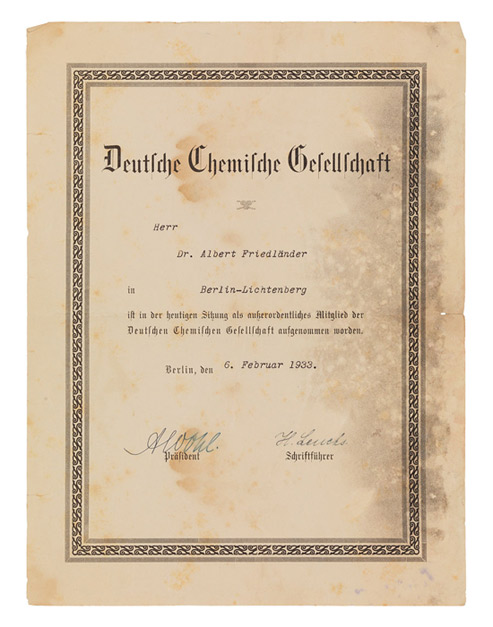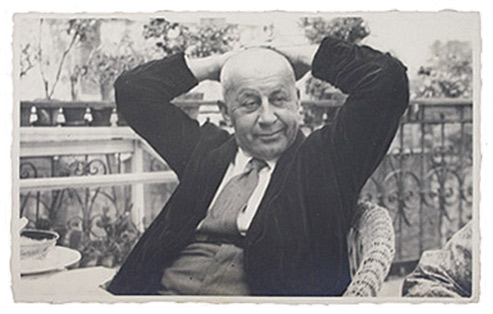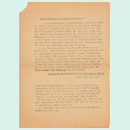Monday
6 February 1933
Certificate confirming Albert Friedländer‘s admission to the German Chemical Society of Berlin
Three months after Friedländer was admitted to the DChG, members of its general assembly forced the president, Alfred Wohl, and vice-president, Arthur Rosenheim, to resign—both were Jewish. In the ensuing period other Jewish members, including Albert Friedländer, were expelled and Jewish staff members were dismissed from the society‘s affiliat.
Lea Weik


